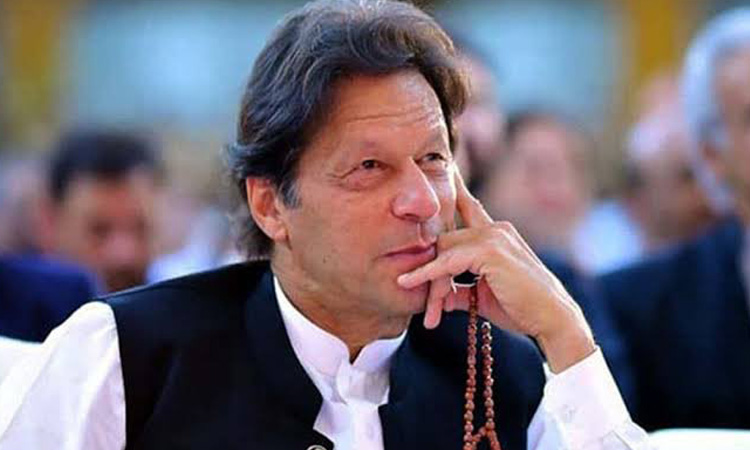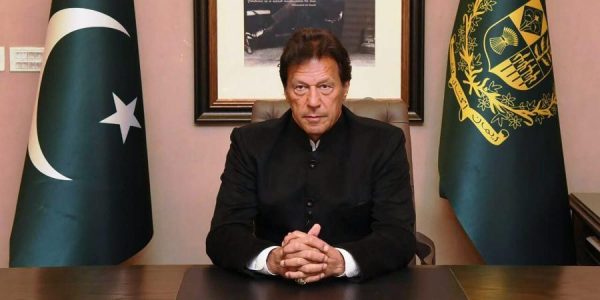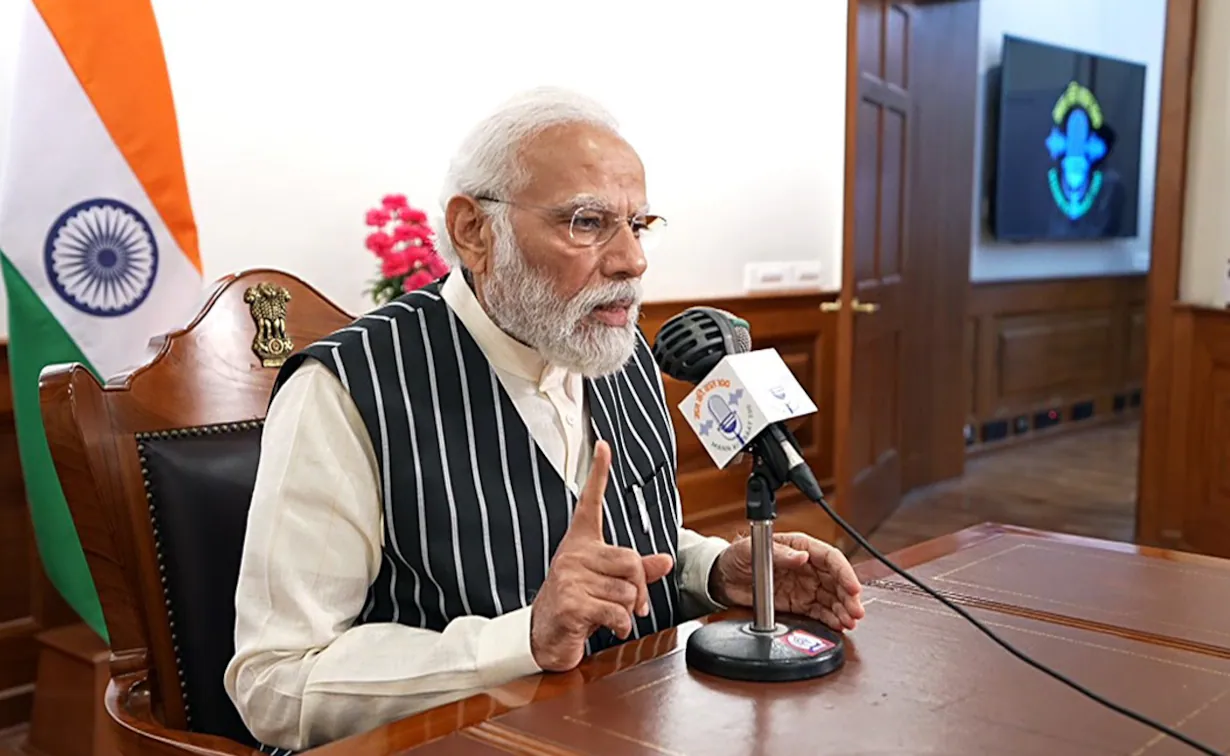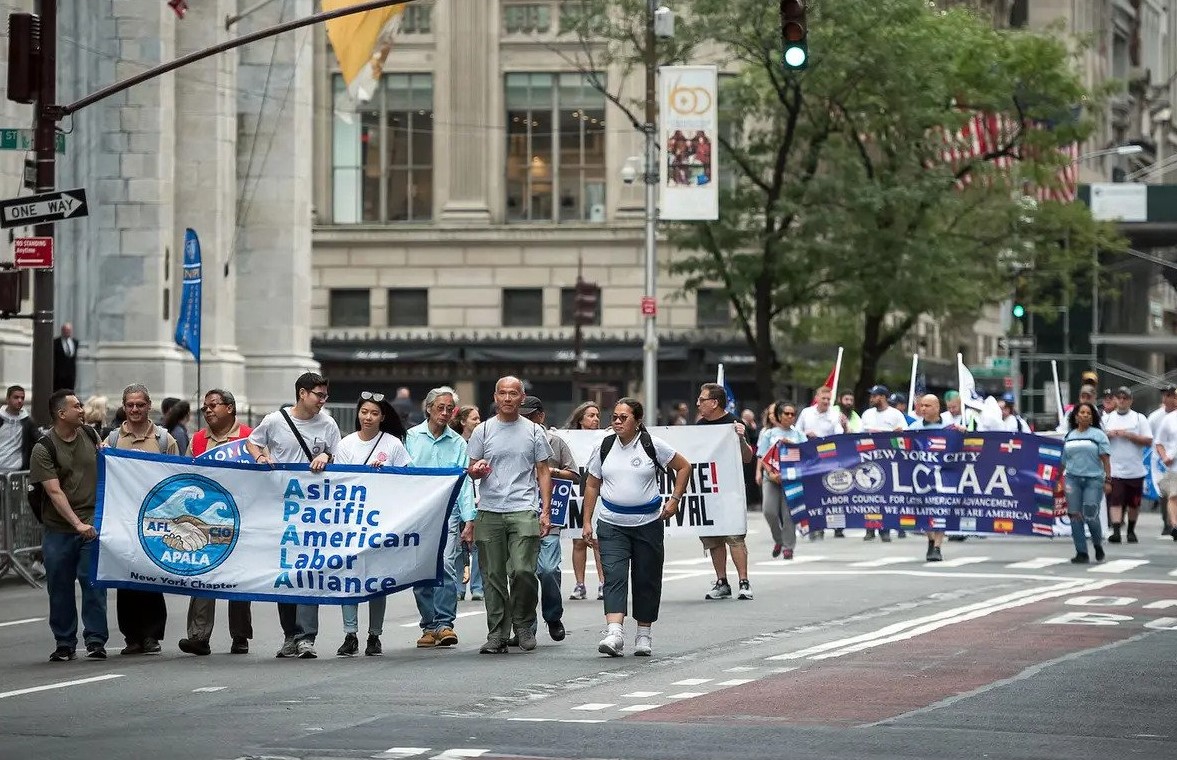With an eye on the existential threat of climate change, the Japan-Philippines-US chapter is seeking to expand the trilateral cooperation in the Philippines by focusing on “deployment of clean technologies, including renewable energy projects such as solar and wind, to support energy requirements in the Philippines and help ensure a just energy transition”
Dr. Tunchinmang Langel
On 11 April 2024, the leaders of Japan, the Philippines and the United States (US) met for the first-ever Summit between the three countries, announcing the beginning of a new trilateral chapter in the Indo-Pacific. Since 2020, the establishment of new minilateral partnerships, specifically the institutionalisation of the US-ROK-Japan trilateral in 2023 and the AUKUS in 2021, have been conveying a rapid consolidation for newer security groupings amidst the rising strategic and security challenges in the Indo-Pacific.
Prior to the Japan-Philippines-US Trilateral Summit, the Defence Ministers of the four nation-groupings of US-Japan-Philippines-Australia had also issued a joint statement on 6 April 2024, announcing to conduct a Maritime Cooperative Activity (MCA) within the Philippines Exclusive Economic Zone on 7 April 2024. In fact, this new four-nation grouping is now being touted across international media as the new Quad or “Squad”.
An overview of these emerging minilateral groupings indicates an underlying common rationale, which is to address the challenges arising from the People’s Republic of China’s (PRC) increasing assertiveness in the East and South China Sea. Questions are being raised about whether these new trilaterals and minilaterals are actually going to help balance the status quo or if they will further exacerbate the complexity of the regional security issues in the Indo-Pacific.
Key Areas of Cooperation
The Japan-Philippines-US Trilateral chapter is to primarily address its deliverables towards the Philippines. The Joint Vision Statement of the new Japan-Philippines-US grouping however underscores their “strong opposition to any attempts by the PRC to unilaterally change the status quo by force or coercion in the East China Sea, including through actions that seek to undermine Japan’s longstanding and peaceful administration of the Senkaku Islands.” Additionally, the three countries have jointly expressed their opposition to economic coercion while stressing the importance of a rules-based economic order.
Luzon Economic Corridor
On 11 April 2024, the Japan-Philippines-US Trilateral launched the Luzon Economic Corridor (LEC), declaring it as the first partnership for “Global Infrastructure and Economic Corridor in the Indo-Pacific” also known as the Partnership for Global Infrastructure and Investment (PGII), which is a shared G7 commitment to advance public and private investments in sustainable, inclusive, resilient and quality infrastructure.
The Luzon Economic Corridor is expected to support connectivity between Subic Bay, Clark, Manila and Batangas in the Philippines, which will be undertaken through “coordinated investments in high-impact infrastructure projects, including rail; ports modernisation; clean energy and semiconductor supply chains and deployments; agribusiness to further connect and drive economic growth in each hub, and civilian port upgrades at Subic Bay”. In late October 2023, the Philippines had dropped out of several projects in China’s Belt and Road Initiative (BRI), including building of two railway lines in Luzon and one in Mindano, after Beijing did not respond to funding requests on the railway projects. However, the withdrawal is also said to be because of the mounting tensions between China and the Philippines in the South China Sea. Therefore, the Luzon Economic Corridor arrives at an opportune time to act as a strategic counterweight against China’s BRI in the region.
The Philippine government has already presented a list of 28 priority projects in areas such as “infrastructure development, electronics and semiconductors, food production and storage and renewable energy sourcing in the proposed Luzon Economic Corridor”. Once these projects are running, the LEC will have the potential to be a significant driver of economic growth and regional integration in the Philippines. However, its success will depend on overcoming implementation challenges and ensuring the project benefits the Philippines in the long run.
It is also to be noted that the South Korean firm HD Hyundai Heavy Industries for Shipbuilding and Offshore Engineering and the US equity firm Cerberus announced the finalisation of a lease agreement to invest in the Agila Subic Shipyard on 15 May 2024. With the launch of the Luzon Corridor and the announcements of investments in the Subic Bay region, it is becoming clear that the Philippines is fast becoming the epicentre for strategic alignment for resisting Chinese pressure.
Critical and Emerging Technologies
Moreover, the Japan-Philippines-US Trilateral is also committing to develop critical and emerging technologies in the Philippines. This is indicated through the Joint Statement, which emphasised how the US and Japan will jointly invest in developing a skilled workforce for the Philippines’ semiconductor industry, strengthening regional supply chains. This includes the Open Radio Accessed Network (RAN) technology, which is crucial for secure telecommunications networks, as another area of collaboration for technological advancement to benefit all three nations.
Climate Partnership
With an eye on the existential threat of climate change, the Japan-Philippines-US chapter is seeking to expand the trilateral cooperation in the Philippines by focusing on “deployment of clean technologies, including renewable energy projects such as solar and wind, to support energy requirements in the Philippines and help ensure a just energy transition”. The three countries also plan to deepen cooperation on civilian nuclear workforce development through a trilateral dialogue expected to be held in 2024 itself to advance the Philippines’ civil nuclear energy programme.
In order to foster a clean energy transition, the three countries are supporting the promotion of resilient and reliable global supply chains for critical minerals needed for producing and supplying batteries for electric vehicles in the global market. The US and Japan are also looking forward to the Philippines becoming a founding member of the Minerals Security Partnership Forum, which would further help secure and diversify their collective clean energy supply chains.
Peace and Security
In light of the contestations in the South China Sea, where the Philippines is finding itself at the forefront of regional tensions, the US and Japan have stressed their continued support to deepen cooperation for a free and open Indo-Pacific. There have been discussions on conducting an at-sea trilateral exercise and other maritime activities in the Indo-Pacific. The announcement of the trilateral maritime dialogue later in 2024 also comes as a collective response to promote maritime cooperation and coordination.
To a certain degree, the US and Japan have reiterated their commitment to continue supporting the Philippine Coast Guard’s capacity building through Japan’s recent delivery of twelve Coast Guard vessels and plans to provide five additional vessels to the Philippines. There are deliberations about advancing trilateral defence cooperation through combined naval training and exercises between the three countries and additional partners, such as the recently concluded MCA between Japan, the Philippines, the United States, and Australia, and by coordinating US and Japanese support for Philippine defence modernisation priorities.
The Trilateral having jointly expressed serious concerns regarding the situation in the East China Sea, also jointly affirmed the importance of peace and stability across the Taiwan Strait, calling it an indispensable element of global security and prosperity. They also have reiterated that there is no change in their basic positions on Taiwan and called for a peaceful resolution of cross-Strait issues.
China’s Reaction
In response to the Joint Statement of the Japan-Philippines-US Trilateral, the PRC Foreign Affairs and Ministry of National Defense issued strong opposition. A Global Times report termed the trilateral Summit an “anti-China” gathering, steeping closer to forming a mini-NATO in the Asia-Pacific. The Chinese spokesperson for National Defense, Wu Qian, even stated that “China has indisputable sovereignty over the South China Sea islands and their adjacent waters, which is solidly grounded in history and the law”.
Describing the Nansha Islands or Spratly Islands as Nansha Qundao and Scarborough Shoal as Huangyan Dao, the Chinese Spokesperson for the Ministry of National Defense firmly stated that these islands are “far beyond the scope of Philippine territory defined by a series of international treaties. Additionally, the Chinese Ministry of Foreign Affairs Spokesperson, Mao Ning, stated that the Taiwan question is purely China’s internal affair, and regarding the Japanese claims over the Senkaku islands, the spokesperson stressed that China has indisputable sovereignty over Diaoyu Dao (Senkaku) and its affiliated islands and Nanhai Zhudao.
Conclusion
Essentially, the Japan-Philippines-US Trilateral chapter is looking at the growing importance of the Philippines as a counterweight to an assertive China’s expansive territorial claims. This trilateral also acknowledges how the Philippines desires to be a strong and equal partner, leveraging its strategic value to gain economic and military benefits from the US and Japan. The Summit marked a significant chapter for geopolitical developments within the Indo-Pacific, which is crucial for increased economic cooperation, technological advancement, maritime security and a collective front against regional security challenges. However, given the reactions of the PRC, it has also perhaps resulted in exacerbating tensions in the South and East China Sea.
*****
Dr. Tunchinmang Langel is a Research Fellow at the Indian Council of World Affairs (ICWA), New Delhi. Views expressed are personal
This article first appeared on the website (www.icwa.in) of Indian Council of World Affairs, New Delhi, on May 29, 2024


























